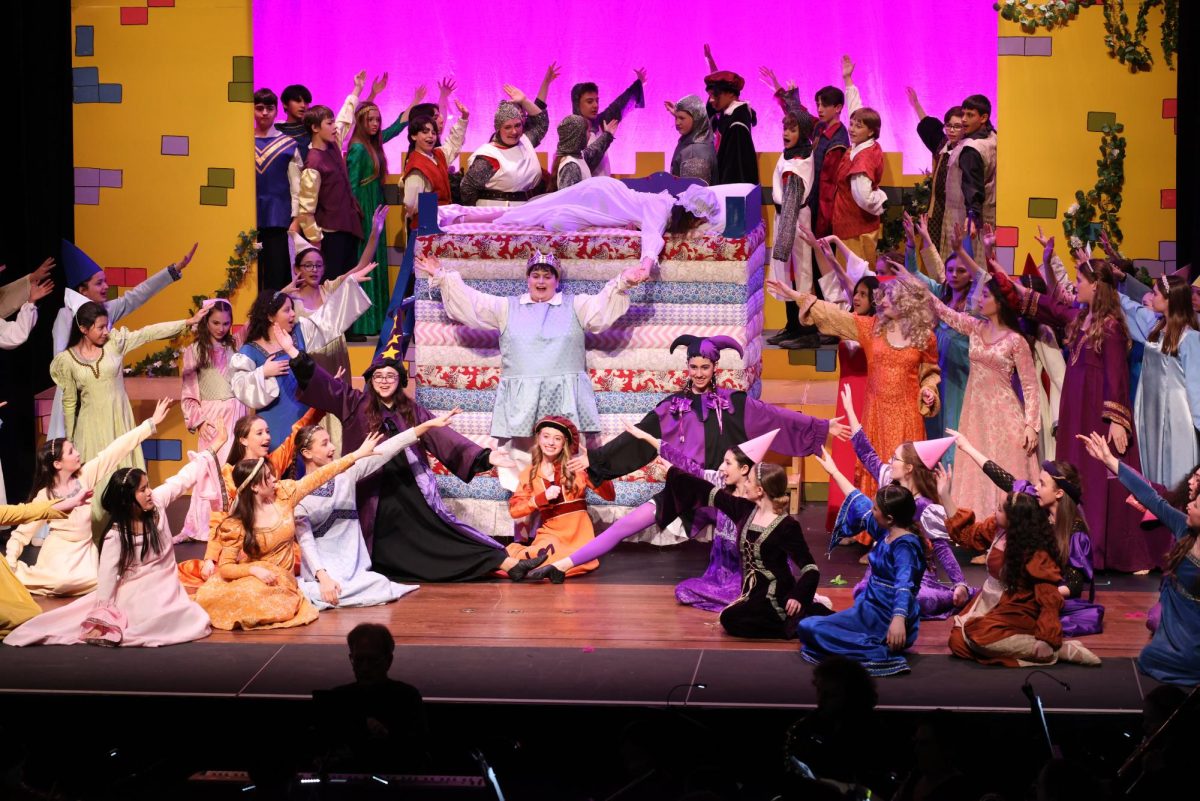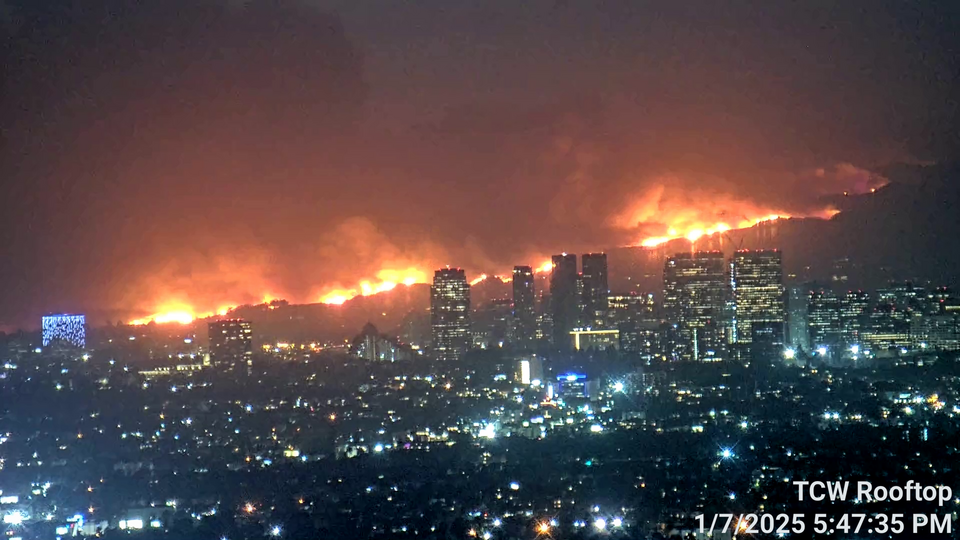Background Info
In 1971, the 26th amendment was ratified, lowering the voting age from 21 to 18. Now, in 2024, some think it should be lowered again, this time to 16. Beginning in 2013, some locations, including major cities such as Newark, NJ, started allowing sixteen- and seventeen-year-olds to vote in school board elections. This trend is even starting to be introduced nationally in Washington D.C., as Grace Meng (D-NY) has introduced legislation multiple times to lower the voting age to 16. Although some people are enthusiastic about this change, others are hesitant to lower the voting age.
Why We Should Lower It
In many states, sixteen- and seventeen-year-olds can get jobs and drive, and some are even primary caregivers meaning they have adult responsibilities. Supporters of lowering the voting age argue that if you can drive and get a job, you should be able to vote. Additionally, some states allow sixteen- and seventeen-year-olds to be tried for a crime as an adult, so supporters of this say they should be able to vote for politicians who make laws. Also, sixteen- and seventeen-year-olds go to school, so they should be allowed to vote for politicians who represent them on the school board. Supporters of this change also argue that even if the young voters aren’t the most educated, in a democracy, all votes are valued equally. Finally, supporters of this argue that 25 countries already have a voting age lower than 18, and that we should join these countries in doing this.
Why We Shouldn’t Lower It
Critics of this change argue that sixteen- and seventeen-year-olds aren’t mature enough to vote. People under 18 have different rules and labor laws to follow than adults, and social scientists can agree that sixteen- and seventeen-year-olds’ brains are not fully developed, so critics argue that sixteen- and seventeen-year-olds aren’t educated or developed enough to vote. Critics argue that voters from 18-29 have extremely low turnout, as in the 2014 midterm elections, only 12% of them voted vs. 42% of the nationwide eligible voters. This means that sixteen- and seventeen-year-olds might not even care to be engaged in democracy and would vote at incredibly low rates. Finally, critics argue that most people are opposed to allowing sixteen- and seventeen-year-olds to vote. In 2019, a Hill-HarrisX poll found that 75% of registered voters were opposed to allowing seventeen-year-olds to vote, and an even greater number, 84% of registered voters were opposed to allowing sixteen-year-olds to vote.
My Opinion
I think that although sixteen- and seventeen-year-olds are on the younger side of voting, and may not be as educated on the issues, their opinions matter in a democracy. They can drive, and have adult tasks, so I think that sometime in the future they should be able to vote. Politicians will make decisions that can influence the rest of their lives, such as climate change. I think that sixteen- and seventeen-year-olds should first be able to vote in school board elections, because school board members can affect the school that they go to. If this goes well, and sixteen- and seventeen-year-olds participate in school board elections, then they should expand it to statewide races, like for the state assembly or state senate. Finally if there is more approval between registered voters, and bipartisan support in Washington, they should expand it to sixteen- and seventeen-year-olds being able to vote in the presidential election.


